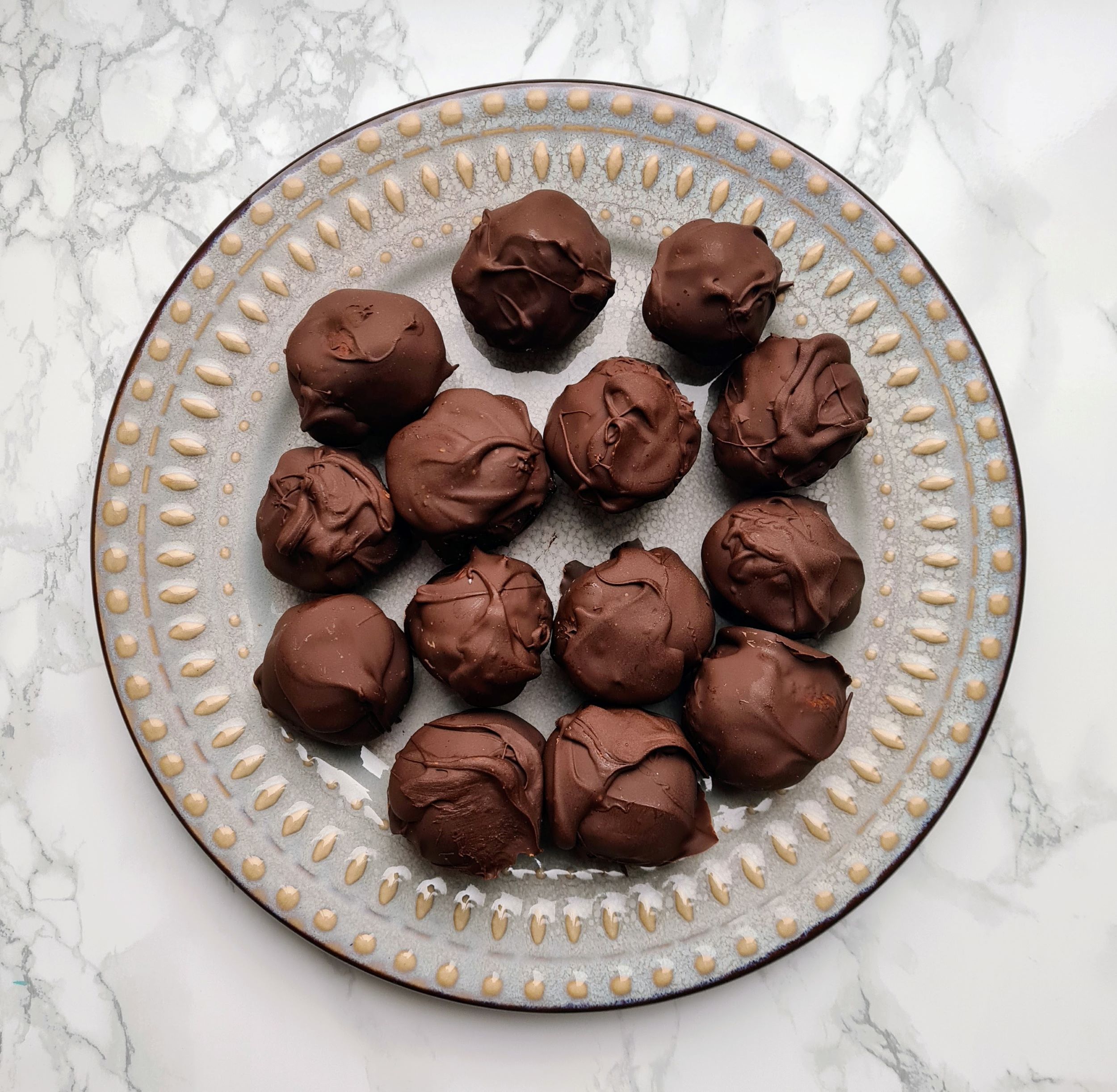About Sleep
Sleep is just as important for our health as diet and exercise. Lack of sleep can affect our hormones, energy, mood and concentration. It can also influence our weight by increasing levels of appetite-promoting hormones. I frequently work with clients to support their sleep. Below are some of my top diet and lifestyle tips.Diet
- Avoid caffeine for at least six hours before bed. Caffeine is a type of drug that promotes alertness. It is found in coffee, tea, green tea, chocolate, some soft drinks and some over the counter medicines. Caffeine acts as an “adenosine receptor antagonist.” Adenosine is a substance in your body that promotes sleepiness. Caffeine blocks the adenosine receptor to prevent you from feeling sleepy. It can affect your sleep for at least six hours after consuming it.
- Avoid eating large meals too close to sleeping. However, a small pre-bed snack containing complex carbohydrates and a little protein can help to encourage sleep. A good option is yogurt with some fruit.
- Try tart jerry juice. Tart cherry juice raises levels of the sleep hormone melatonin and several studies have shown that it can improve both the quality and quantity of sleep. Dilute 30ml cherry concentrate in a glass water and drink 30 minutes before bed.
- Limit alcohol. Alcohol disrupts sleep and acts as a diuretic, encouraging the need to wake at night to urinate.
- Try Valerian tea. Valerian has been shown to help people with insomnia go to sleep and stay asleep.
- Try magnesium. Magnesium may support sleep. You can add epsom salts to your bath or use magnesium lotion on your skin before bed. Magnesium glycinate supplements have also been shown to support sleep. Always discuss supplementation with a healthcare professional.
- Get your Vitamin D checked. The part of the brain responsible for sleep has a large concentration of vitamin D3 receptors, and the entire sleep-wake cycle is disrupted if the receptors are deficient. Vitamin D3 also influences many other hormonal processes in the body that affect body rhythms, including reproduction, metabolism, digestion and cardiovascular health, all of which influence fatigue and sleep regulation.
Lifestyle
- Try and go to bed and wake up at the same time every day. This will help your body to get into a sleep rhythm and make it easier to fall asleep and get up in the morning.
- Support your natural sleep-wake cycle by trying to get some light in the morning. Even if that means just five minutes sat by a window whilst you have a coffee.
- Minimise light at night. Even tiny amounts of light from a mobile phone or alarm clock can suppress production of melatonin, the hormone our bodies make to bring on sleep. If you must have your devices in your bedroom set up night-time mode on them or use f.lux, which adjusts your computer colours in a way that greatly reduces the stimulating effects of blue light at night.
- Keep your bedroom cool. Studies show that the optimal room temperature for sleep is quite cool, between 16 to 20 degrees.
- Have a bath or shower before bed. Sleep is usually initiated when body temperature falls. A warm bath or shower before bed before going into a cool bedroom helps induce a drop in temperature and promotes sleep.
- Lavender oil’s aroma is known to be calming and may be helpful in some cases of insomnia. Try adding few drops to a diffuser to fill the room with a relaxing scent before bed.
- Leave a notebook beside your bed. If you lie awake thinking about what you have to do the following day, note anything down then go back to sleep.




